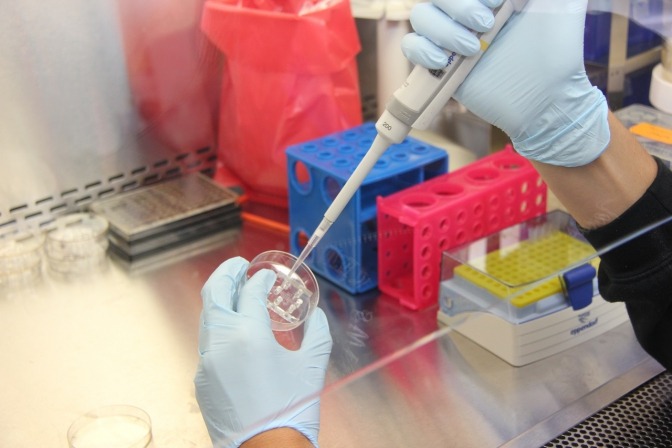Legionella is a bacterial infection which takes various forms, the most common being Legionella pneumophila, which has an effect like pneumonia. The illness is commonly referred to as Legionnaires' Disease, so called because the first recorded outbreak, in the US in 1976, took place at a convention of the American Legion. The disease infected 221 people, 34 of whom died.
Symptoms include coughing, difficulty breathing, headache and muscle pain, and can show up anywhere from two to ten days after exposure. The bacterium occurs in fresh water and can be breathed in from water mist from the likes of cooling towers, air conditioning and swimming pools. Most people remain unaffected, but those in poor health are more likely to contract the disease – the elderly, smokers, people with a history of lung disease or a weak immune system. The disease cannot be passed from person to person.Related News: Scientists working overtime to tackle legionella outbreak as it claims a second life
Jules Johnston
The Brussels Times

